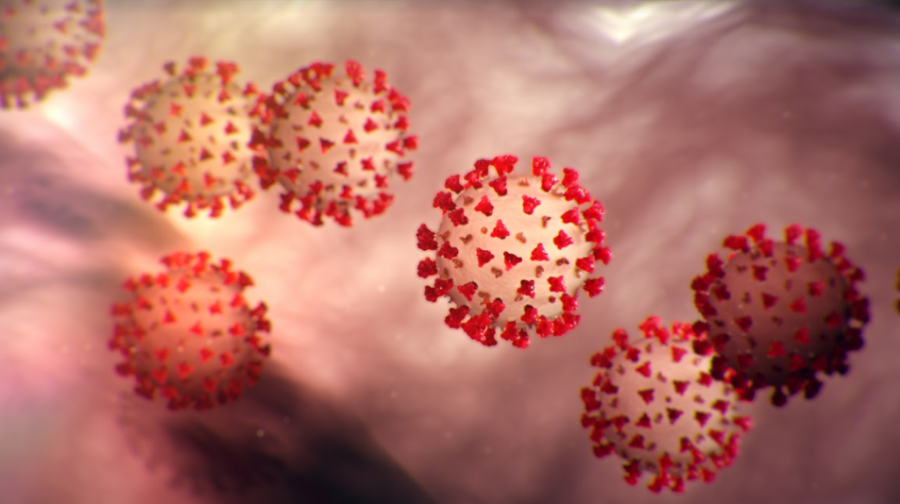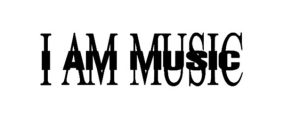Pfizer Vaccine is Approved: Here’s What You Should Know
January 12, 2021
With all of the stress and loss the world has faced surrounding the outbreak of the coronavirus, the announcement of the Pfizer-BioNtech COVID-19 Vaccine provides hope for everyone worldwide. On December 11, 2020, the United States Food and Drug Administration announced its intention to issue the first emergency use authorization on the Pfizer-BioNTech vaccine. After two shots given twenty one days apart, the CDC reports that the Pfizer vaccine is 95% effective at preventing the spread of the coronavirus. While other vaccines place a weakened, inactivated germ into the human body in order to teach the body to fight off the infection, the new coronavirus vaccine is an mRNA vaccine. This means that the vaccine teaches the body’s cells how to make a protein, or a piece of a protein, that allows the body to trigger an immune response, releasing antibodies to fight off the virus (CDC).
While people are urged to receive the vaccine as soon as it is available, receiving the vaccine does not come without consequences. The Pfizer-BioNTech COVID-19 Vaccine causes flu-like symptoms for those who receive it, the most common side effects being headaches, chills, fever, and tiredness. While it is not common, the CDC notes that people have had allergic reactions to the vaccine. Hives, swelling, and wheezing, are typical symptoms of such a reaction. Those who experienced any type of allergic reaction, whether it be severe, immediate, or even non severe, to any ingredient in the vaccine are advised not to take the vaccine. If after the first dose of the vaccine one experiences an allergic reaction within four hours after taking the vaccine, or if one experiences a severe or non severe reaction, the CDC advises those with this issue to not receive a second dose of the vaccine. The CDC also recommends that those who are allergic to polyethylene glycol (PEG) or polysorbate should not receive the Pfizer-BioNTech vaccine. Polysorbate is not an ingredient in the vaccine, but it is similar to PEG, which is an ingredient. In order to keep these individuals safe, those allergic to PEG are included in the CDC’s recommendation to not receive the vaccine.
There are people advised to not take the vaccine, however there are still several US citizens who are allowed to immediately receive the coronavirus vaccine. Following the recommendations of the Advisory Committee on Immunization Practices, the CDC provides suggestions as to how the vaccine should be distributed. The CDC proposes that health care personnels and residents of long-term care facilities are to be offered the vaccine first in Phase 1a of the program for vaccination. The CDC then goes on to advise that in Phase 1b, those aged seventy five and older, and frontline essential workers, such as first responders, corrections officers, food and agricultural workers, U.S. Postal Service workers, manufacturing workers, grocery store workers, public transit workers, teachers and support staff members, as well as child care workers are to be offered the vaccine. The CDC encourages that Phase 1c includes those who are aged from sixty five to seventy four years old, and those who age from sixteen to sixty four years old who suffer from high-risk medical conditions are to be offered the vaccine. This phase also includes that any essential workers not listed in Phase 1b to be offered a vaccine. To finish their recommendations, the CDC mentions that Phase 2 should include all the individuals ages sixteen and greater to receive the vaccine. As of right now, this vaccine is not approved for children under the age of sixteen.
While the prospect of the new vaccine is incredibly exciting, not every American citizen will receive one immediately. While unideal, Americans should stay hopeful as the country begins to repair itself of the damage the virus has done. Keeping this in mind, the CDC reminds the United States that in the meantime, social distancing, mask-wearing, and washing hands will ultimately help to prevent the spread of the virus. While Americans await the availability of the Pfizer-BioNTech COVID-19 Vaccine, all U.S. citizens must do their part to help put a stop to the spread of the coronavirus.










